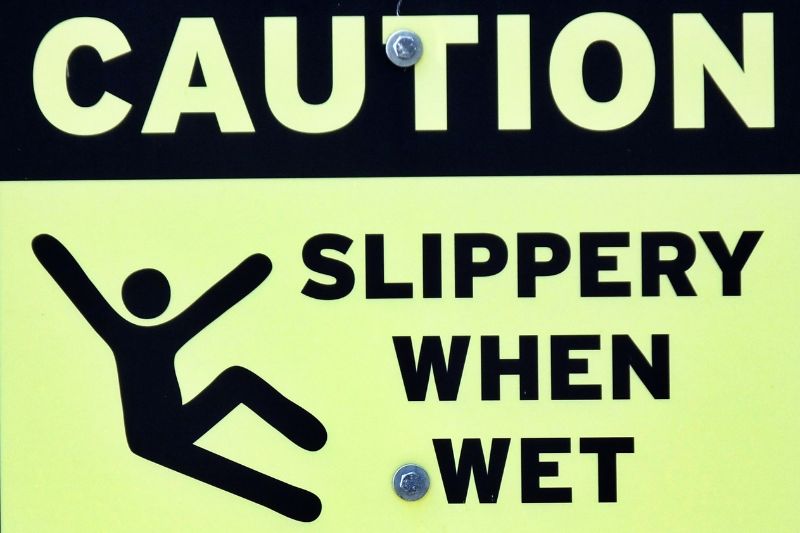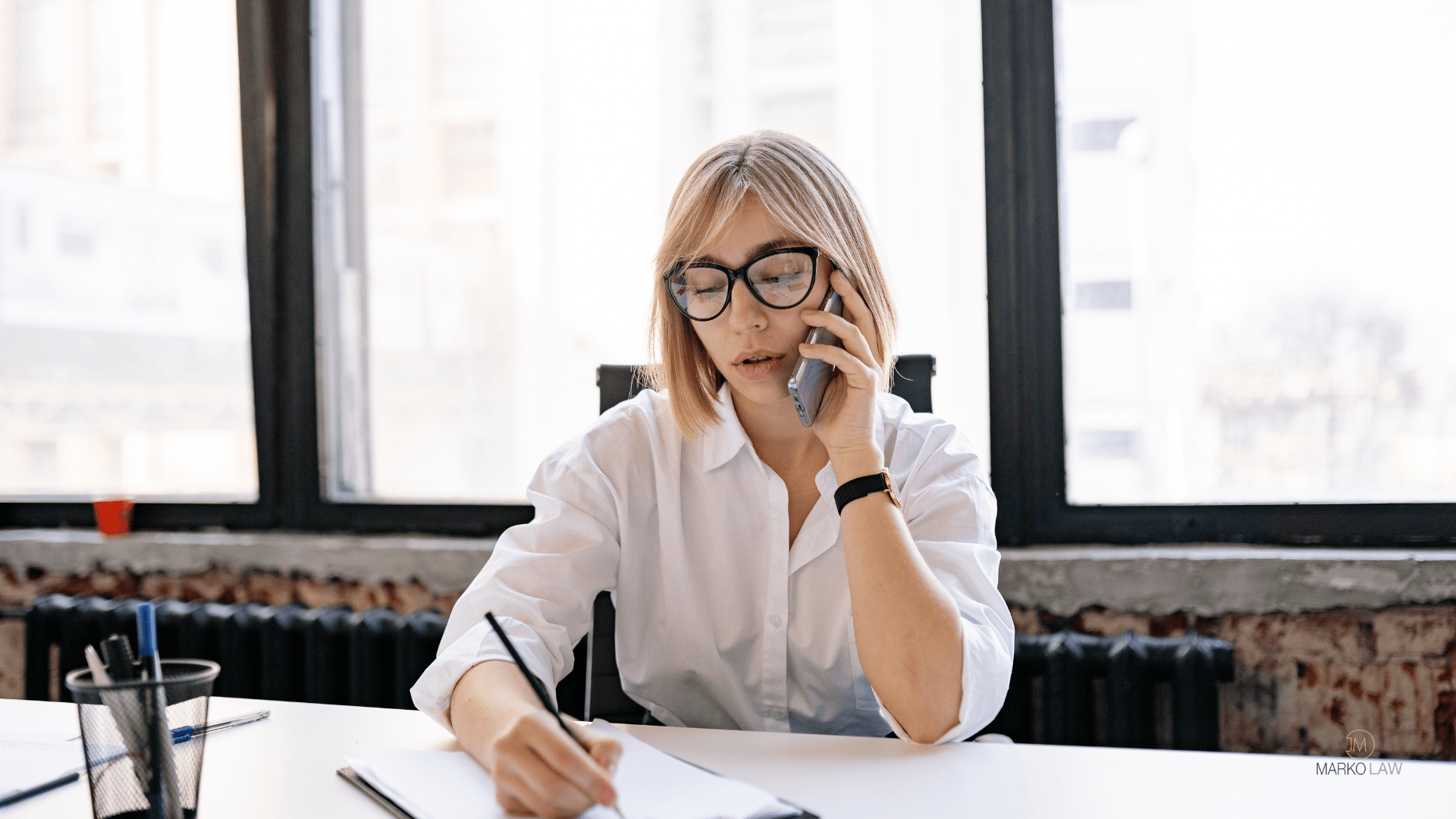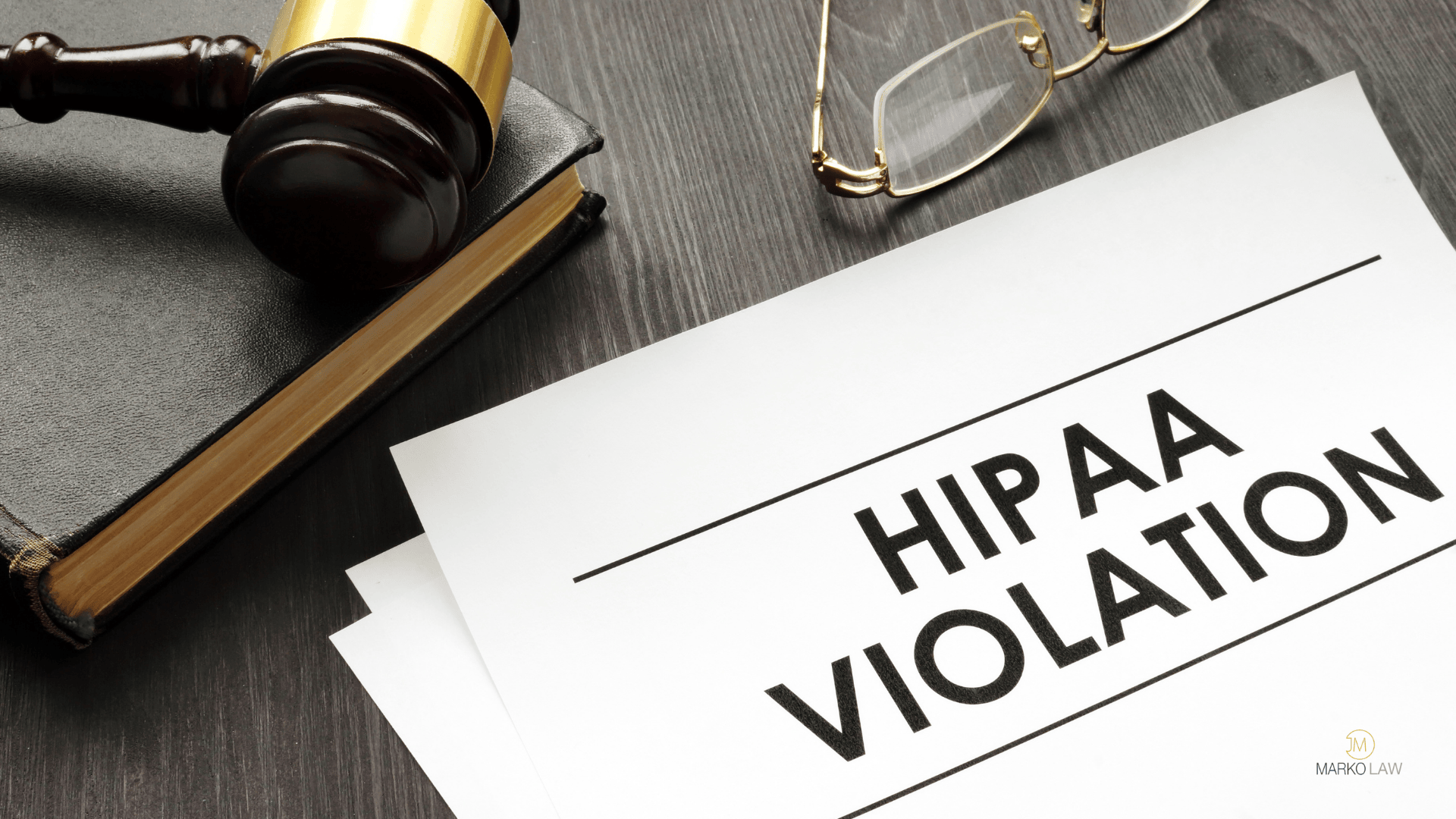Premises liability refers to the legal responsibility that property owners and occupiers have to ensure the safety of their premises for visitors. This area of law is particularly relevant when accidents, such as slip and fall incidents, occur due to hazardous conditions on the property. The core principle of premises liability is that property owners must maintain their property to prevent harm to those who enter.
Premises liability is based on the concept of negligence. To establish a premises liability claim, the injured party must prove that the property owner or occupier failed to exercise reasonable care in maintaining the property, resulting in unsafe conditions that led to the injury. This means that property owners must regularly inspect and repair their property, provide adequate warnings of potential hazards, and ensure that their property is reasonably safe for visitors.
Types of Premises Covered Under Michigan Law (Residential, Commercial, Public)
Under Michigan law, premises liability applies to various types of properties, each with specific considerations for maintaining safety:
- Residential Properties: Homeowners and landlords are responsible for ensuring their property is safe for residents, guests, and visitors. This includes maintaining walkways, stairs, and common areas, and addressing hazards such as icy sidewalks or loose carpeting.
- Commercial Properties: Business owners and operators must keep their premises safe for customers, employees, and other visitors. This includes retail stores, restaurants, office buildings, and entertainment venues. Responsibilities include addressing spills, repairing broken tiles, and ensuring adequate lighting in parking lots.
- Public Properties: Government entities and public institutions are responsible for the safety of parks, sidewalks, government buildings, and other public spaces. This involves maintaining playground equipment, ensuring clear pathways, and providing adequate signage for potential hazards.
Michigan Premises Liability Laws
Legal Standards and Duty of Care
In Michigan, property owners and occupiers are legally required to maintain a safe environment for those who enter their property. This duty of care means that property owners must take reasonable steps to ensure that their premises are free from hazards that could cause injury. This includes regularly inspecting the property, promptly addressing any dangerous conditions, and providing adequate warnings of potential hazards.
Distinction Between Invitees, Licensees, and Trespassers
The level of duty of care that property owners owe varies depending on the status of the visitor:
- Invitees: These are individuals who enter the property for a purpose related to the owner’s business or for mutual benefit, such as customers in a store. Property owners owe the highest duty of care to invitees, including regularly inspecting the premises for hazards and taking proactive steps to ensure safety.
- Licensees: These are individuals who enter the property for their own purposes or as social guests with the owner’s permission. Property owners owe a moderate duty of care to licensees, which includes warning them of known dangers that are not obvious.
- Trespassers: These are individuals who enter the property without permission. Property owners owe the lowest duty of care to trespassers, which typically involves refraining from willful or wanton harm. However, in some cases, there may be a higher duty of care owed to child trespassers under the attractive nuisance doctrine.
Establishing Liability in Slip and Fall Cases
Proving Negligence
Elements of Negligence: Duty, Breach, Causation, and Damages
To establish liability in a slip and fall case, the injured party must prove that the property owner was negligent. Negligence is established through four key elements:
- Duty: The property owner owed a duty of care to the injured party. This means the owner was required to maintain the property in a reasonably safe condition for visitors.
- Breach: The property owner breached this duty of care by failing to address hazards or by not providing adequate warnings about dangerous conditions.
- Causation: The breach of duty directly caused the slip and fall accident. It must be shown that the unsafe condition was a significant factor in causing the injury.
- Damages: The injured party suffered actual harm or losses as a result of the accident. This can include physical injuries, medical expenses, lost wages, and pain and suffering.
How to Demonstrate That the Property Owner Failed to Maintain a Safe Environment
To demonstrate that the property owner failed to maintain a safe environment, you must provide evidence that highlights the existence of a hazardous condition and the owner's knowledge or should-have-known awareness of it. Key points to establish include:
- Existence of Hazard: Show that a dangerous condition existed on the property (e.g., wet floor, uneven surface).
- Owner's Knowledge: Prove that the property owner knew or should have known about the hazard through regular inspections or reports.
- Failure to Act: Demonstrate that the property owner did not take reasonable steps to fix the hazard or warn visitors.
Evidence Collection
Gathering Evidence (Photos, Videos, Witness Statements)
Collecting comprehensive evidence is crucial in proving negligence in a slip and fall case. Key types of evidence include:
- Photos and Videos: Visual evidence of the accident scene, the hazardous condition, and any injuries sustained can strongly support your claim. Take clear, detailed photos and videos from multiple angles.
- Witness Statements: Testimonies from people who witnessed the accident can provide corroborating evidence. Obtain contact information and written or recorded statements from witnesses describing what they saw.
Role of Incident Reports and Medical Records
- Incident Reports: Filing an official incident report with the property owner or manager can create a formal record of the accident. This report should include details of the accident, the hazard, and any immediate actions taken.
- Medical Records: Detailed medical records document the injuries sustained and the treatments received. These records help establish the extent of your injuries and link them directly to the slip and fall accident.
Use of Expert Testimony to Support Your Claim
Experts, such as safety engineers or medical professionals, can provide specialized knowledge to support your claim. Safety experts can testify about the hazardous condition and the property owner's failure to meet safety standards. Medical experts can explain the nature and severity of your injuries and their impact on your life.
Potential Compensation for Slip and Fall Claims
Types of Compensation Available
Medical Expenses
Medical expenses are typically a significant portion of compensation in slip and fall claims. This includes:
- Immediate Medical Costs: Expenses for emergency room visits, hospital stays, surgeries, and medications required immediately after the accident.
- Ongoing Medical Treatment: Costs for follow-up appointments, physical therapy, rehabilitation, and any long-term care necessary due to the injury.
- Future Medical Expenses: Estimated costs for future medical treatments and procedures that may be required as a result of the slip and fall accident.
Lost Wages
If the injury affects your ability to work, you can seek compensation for lost wages. This covers:
- Past Lost Income: Wages lost from the time of the injury until the claim is settled or a verdict is reached.
- Future Lost Earnings: Compensation for any reduction in earning capacity if you are unable to return to your previous job or work the same hours due to long-term effects of the injury.
Pain and Suffering
Pain and suffering compensation addresses the physical pain and emotional distress caused by the injury. This includes:
- Physical Pain: Compensation for the actual physical pain and discomfort resulting from the injury.
- Emotional Distress: Compensation for psychological impacts such as anxiety, depression, and loss of enjoyment of life.
Rehabilitation Costs
Rehabilitation costs include expenses for services that help you recover from your injuries and regain your previous level of function. This can involve:
- Physical Therapy: Sessions to improve mobility and strength.
- Occupational Therapy: Assistance in adapting to daily activities and job tasks.
- Assistive Devices: Costs for crutches, wheelchairs, or other devices that aid in your recovery.
Factors Influencing Compensation Amount
Severity of Injuries
The severity of your injuries significantly impacts the amount of compensation you can receive. More severe injuries that require extensive medical treatment, lead to long-term disability, or result in significant pain and suffering will generally warrant higher compensation.
Impact on Quality of Life
The impact of the injury on your quality of life is another crucial consideration. This includes:
- Daily Life: How the injury affects your ability to perform everyday activities, such as walking, cooking, or driving.
- Work and Career: The extent to which the injury hinders your ability to work and pursue career opportunities.
- Emotional Well-being: The psychological toll of the injury, including mental health issues and reduced enjoyment of life.
Degree of Negligence or Fault
The degree of negligence or fault by the responsible party also plays a role in determining compensation. If it can be demonstrated that the responsible party acted with gross negligence, recklessness, or willful disregard for safety, the compensation amount may be higher. Conversely, if the injured party is found to be partially at fault, the compensation may be reduced under Michigan's comparative negligence rule.
Common Defenses in Slip and Fall Cases
Comparative Negligence
In Michigan, the comparative negligence rule is used to determine the extent to which each party is at fault for an accident. Under this rule, if the injured party (plaintiff) is found to be partially responsible for the slip and fall accident, their compensation can be reduced by their percentage of fault. This means that the court or insurance adjuster will assess the actions of both the property owner and the injured party to determine their respective degrees of fault.
How Partial Fault Affects Compensation
When the injured party is found to be partially at fault for the accident, their compensation is reduced proportionally. For example:
- If the plaintiff is found to be 20% at fault and the total damages are $100,000, the plaintiff's compensation will be reduced by 20%, resulting in a final award of $80,000.
- If the plaintiff's fault exceeds 50%, they may be barred from recovering any compensation under Michigan law. This rule encourages both parties to act responsibly and helps to ensure that compensation is fairly distributed based on the degree of fault.
Assumption of Risk
The assumption of risk defense argues that the injured party knowingly and voluntarily accepted the risks associated with a particular activity or situation. In the context of slip and fall cases, this defense may be claimed in situations such as:
- Clearly Marked Hazards: If there were visible signs warning of the hazard (e.g., "Wet Floor" signs) and the injured party chose to ignore them.
- Engaging in Risky Behavior: If the injured party was engaging in behavior that they knew was risky, such as running in a store where the floor was clearly being cleaned.
Impact on the Outcome of the Case
If the assumption of risk defense is successfully established, it can significantly affect the outcome of the case by:
- Reducing Liability: The property owner's liability may be reduced if it can be shown that the injured party willingly accepted the risk of the hazard.
- Potentially Eliminating Compensation: In some cases, the injured party may be barred from recovering any compensation if it is proven that they fully understood and accepted the risks involved.
If you or a loved one has been involved in a slip and fall accident, it is crucial to seek experienced legal support to navigate the legal system and protect your rights. Slip and fall cases can be complex, requiring thorough evidence gathering and a strong understanding of premises liability laws. An experienced attorney can help you build a solid case, negotiate with insurance companies, and ensure you receive the compensation you deserve.
At Marko Law, our dedicated attorneys specialize in personal injury cases, including slip and fall accidents. We have the expertise and experience to help you understand your legal options and fight for your rights.
Contact Information:
- Phone: 1-833-MARKO-LAW
- Phone: 1-313-777-7777
- Main Office: 220 W. Congress, 4th Floor, Detroit, MI 48226
- Visit Us Online









.svg)








